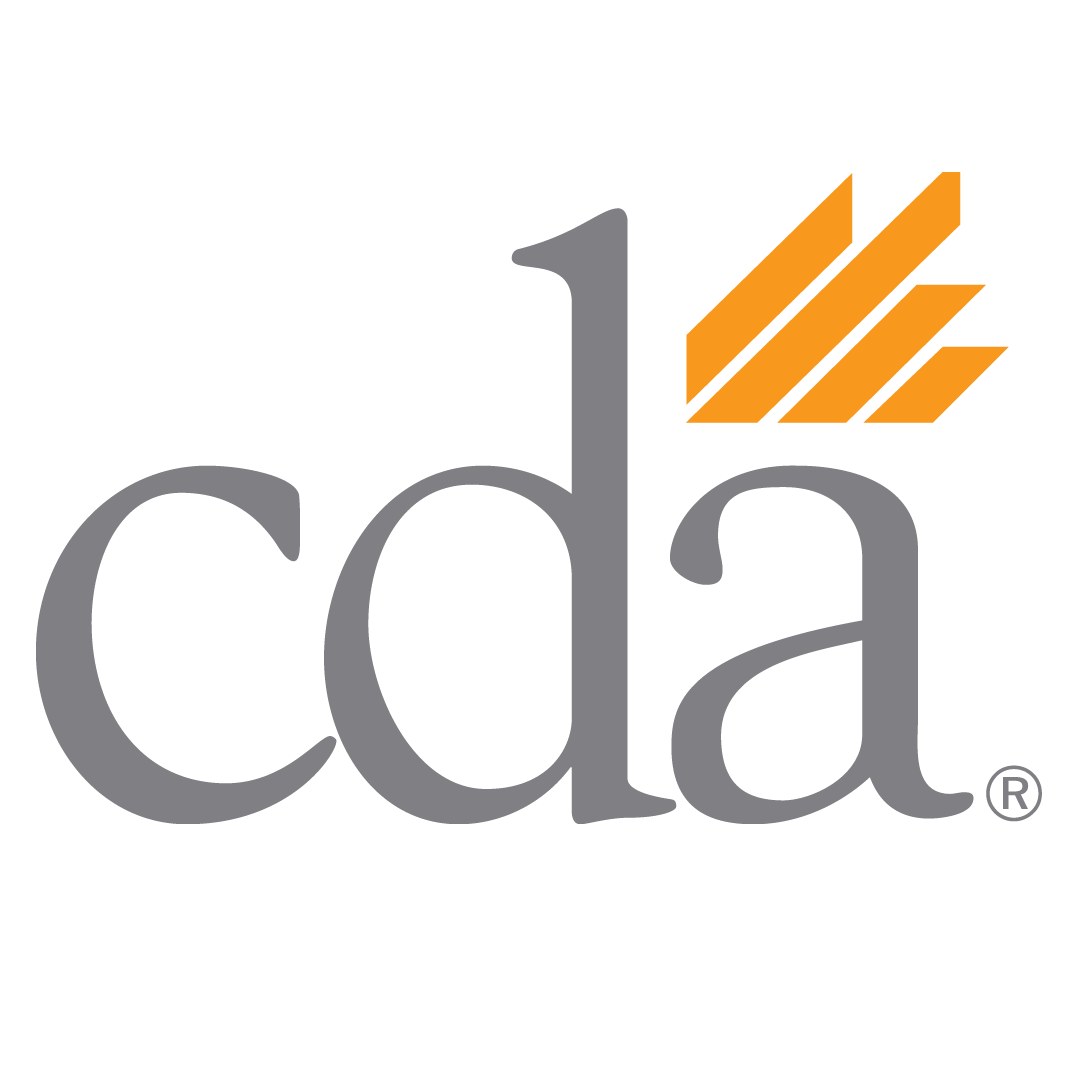
It’s common knowledge that plenty of beverages are not good for your health. The excessive amounts of sugar, caffeine, or alcohol found in a lot of popular drinks have well-documented impacts on your body. However, you may not be aware of the immediate impacts that these beverages can have on your teeth. Below is a list of some common beverages and tips for enjoying them responsibly.
Soda, Juice, and Energy Drinks
The high sugar content in these drinks can have a negative impact on your physical health. Less obvious however is the effects that they can have on your teeth. As with any sugary food, prolonged exposure can lead to the damage and decay of your enamel, opening the door for cavities and other issues to occur.
Coffee
Many popular coffee drinks contain just as much sugar as sodas and juices. However, even people who drink their coffee black run the risk of damaging their smile. Excessive coffee consumption can stain your teeth, though the amount of discoloration experienced varies from person to person.
Wine, Beer, and Liquor
Though it seems obvious that red wine can stain your teeth, all wines pose a similar risk of damage. Likewise, darker beers can gradually stain your teeth depending on the frequency of consumption. While hard liquors generally don’t pose as much of a risk to your enamel on their own, the mixers they’re often served with can.
How to Protect Your Teeth
After consuming one of these beverages, your first impulse might be to brush your teeth as soon as possible. However, rushing to brush could actually be doing more harm than good. All of the aforementioned beverages contain high levels of acid. This acid has a softening effect on your enamel, and the pressure applied during brushing can potentially further this softening. Instead, it’s recommended that you follow sugary or acidic drinks with water and wait 30 minutes to brush. It is also beneficial to swish the water around as you drink it, as this will help gently rinse off all of your teeth and allow the enamel to harden before you brush.
Watching your diet can benefit your teeth as much as it benefits the rest of your body. However, moderate consumption of any of these beverages won’t cause an issue provided you maintain a proper oral care routine that includes regular brushing and flossing, as well as professional cleanings at least twice a year.
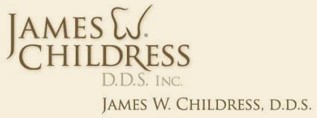

 Do you suffer from regular sensitivity? Teeth sensitivity is often misunderstood, but our dental team can help you find relief. We’re here to separate the fact from fiction in sensitivity.
Do you suffer from regular sensitivity? Teeth sensitivity is often misunderstood, but our dental team can help you find relief. We’re here to separate the fact from fiction in sensitivity. A canker sore can make eating, drinking, and talking difficult and even painful. Maintaining your oral health by brushing and flossing may also be difficult with a sore in your mouth, but keeping up with your daily oral hygiene routine is an important step in the healing process. We’ve put together a short guide to everything you need to know about canker sores.
A canker sore can make eating, drinking, and talking difficult and even painful. Maintaining your oral health by brushing and flossing may also be difficult with a sore in your mouth, but keeping up with your daily oral hygiene routine is an important step in the healing process. We’ve put together a short guide to everything you need to know about canker sores. During pregnancy, it is essential that you don’t neglect your oral health. A fluctuation in hormones can cause drastic changes in your mouth. Oral health complications have been linked to increased risk in other significant overall health issues. Here are the most common oral health problems, how they can affect your pregnancy, and how to prevent them.
During pregnancy, it is essential that you don’t neglect your oral health. A fluctuation in hormones can cause drastic changes in your mouth. Oral health complications have been linked to increased risk in other significant overall health issues. Here are the most common oral health problems, how they can affect your pregnancy, and how to prevent them.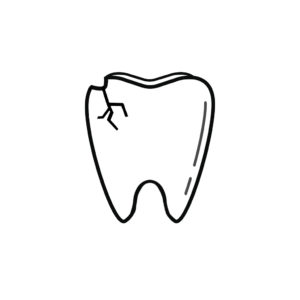 It usually starts pretty innocently. You’re biting into your favorite hard candy and suddenly you realize that there’s one little hard piece in your mouth you can’t seem to dissolve. You check it out and fear overcomes you when you see it’s a little chipped piece of a tooth.
It usually starts pretty innocently. You’re biting into your favorite hard candy and suddenly you realize that there’s one little hard piece in your mouth you can’t seem to dissolve. You check it out and fear overcomes you when you see it’s a little chipped piece of a tooth. Sugary, sticky, and sweet candies can damage your teeth by increasing your risk of decay. Though gum can be considered a type of candy, chewing sugarless gum approved by the ADA can actually help protect teeth and prevent tooth decay. Here’s what you need to know about gum and your teeth.
Sugary, sticky, and sweet candies can damage your teeth by increasing your risk of decay. Though gum can be considered a type of candy, chewing sugarless gum approved by the ADA can actually help protect teeth and prevent tooth decay. Here’s what you need to know about gum and your teeth.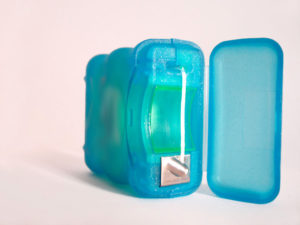 Loose teeth, bad breath, and painful, bloody gums – these are among the signs and symptoms of periodontal, or gum, disease. Unfortunately, periodontal disease can also begin without any obvious symptoms. If left undiagnosed or untreated, you could be at risk for irreparable damage to your teeth and gums. The good news is that periodontal disease is preventable. In fact, one of the most effective tools for preventing the disease only takes a minute of your time each day.
Loose teeth, bad breath, and painful, bloody gums – these are among the signs and symptoms of periodontal, or gum, disease. Unfortunately, periodontal disease can also begin without any obvious symptoms. If left undiagnosed or untreated, you could be at risk for irreparable damage to your teeth and gums. The good news is that periodontal disease is preventable. In fact, one of the most effective tools for preventing the disease only takes a minute of your time each day. Don’t wait until you’re in pain to see your dentist! Most people make time to clean out the house, car, garage, or closets at least twice a year. Why not include your oral health on your “to do” list?
Don’t wait until you’re in pain to see your dentist! Most people make time to clean out the house, car, garage, or closets at least twice a year. Why not include your oral health on your “to do” list? “Tooth worms” are the cause of tooth decay. That was the headline of a Sumerian text from around 5,000 B.C.E. Fortunately, the dental industry has evolved since then and we know “tooth worms” don’t exist. Here’s how dentistry has evolved into the comfortable, safe, and beneficial science of today.
“Tooth worms” are the cause of tooth decay. That was the headline of a Sumerian text from around 5,000 B.C.E. Fortunately, the dental industry has evolved since then and we know “tooth worms” don’t exist. Here’s how dentistry has evolved into the comfortable, safe, and beneficial science of today.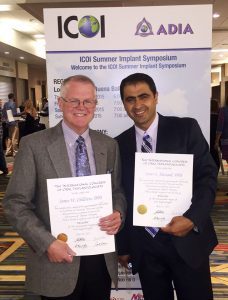 Dr. Childress and Dr. Alassaad are very excited to receive their Fellowship Award of the International Congress of Oral Implantologists (FICOI) in San Francisco in August 2015. This award recognizes the Drs’ fulfillment of the educational and expertise requirements in surgical implant placement and restorations as well as their commitment to constantly remain updated with the latest advancements in implant dentistry. Hip Hip Hooray to Dr. Childress and Dr. Alassaad!
Dr. Childress and Dr. Alassaad are very excited to receive their Fellowship Award of the International Congress of Oral Implantologists (FICOI) in San Francisco in August 2015. This award recognizes the Drs’ fulfillment of the educational and expertise requirements in surgical implant placement and restorations as well as their commitment to constantly remain updated with the latest advancements in implant dentistry. Hip Hip Hooray to Dr. Childress and Dr. Alassaad!


